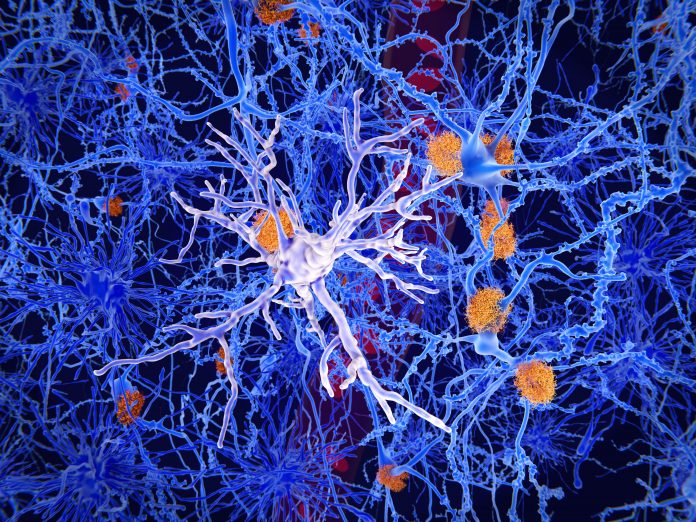
Muna Therapeutics has announced a research alliance with GSK to identify and validate novel drug targets for the treatment of Alzheimer’s disease. The deal will use Muna’s all-in-human MiND-MAP spatial multi-omics platform.
Muna will receive $35.2M as upfront payment from GSK, and then get potential milestone payments of $147.1M per target, plus tiered royalties on the net sales of any products.
“Our agreement marks a pivotal moment in Muna’s evolution and in the broader Alzheimer’s research landscape,” said Rita Balice-Gordon, PhD, Muna’s CEO.
Through the deal, GSK secures the option to multiple high-value, validated Alzheimer’s-relevant targets for drug discovery, development, and commercialization.
Muna’s MiND-MAP platform applies spatial transcriptomics to brain samples from Alzheimer’s disease patients, cognitively resilient individuals, healthy controls, and centenarians with and without cognitive impairment.
Spatial transcriptomics involves the spatially resolved, high-dimensional assessment of gene transcription. MiND-MAP provides a dataset of “exceptional breadth and resolution [that] will fuel the discovery and development of innovative medicines for Alzheimer’s disease,” the company says.
Together, Muna and GSK will assess postmortem human brain samples with spatial transcriptomics and other approaches to identify and validate potential new drug targets.
The collaboration leverages Muna’s expertise in mapping the brain’s response to pathological protein aggregates and the biotech’s all-in-human platform to identify cellular mechanisms, gene networks, and molecular interactions that underlie brain resilience. Candidate drug targets will be validated using Muna’s suite of humanized cell and animal models, supported by insights from patient tissue and biofluid samples.
“By combining GSK’s commitment to breakthrough science with our MiND-MAP platform’s ability to deliver novel insights into brain resilience, we aim to transform the landscape of drug discovery for neurodegenerative diseases and bring new hope to millions of patients worldwide,” said Balice-Gordon.
Muna will expand and enhance its existing MiND-MAP dataset and will lead the identification and validation of new Alzheimer’s disease targets. GSK will lead drug development and be responsible for preclinical activities, clinical development, manufacturing, and commercialization resulting from work on targets discovered and validated in the collaboration.
“By applying spatial multi-omics to unique patient phenotypes, Muna’s MiND-MAP platform is able to determine the genetic and cellular basis of progression and resilience in neurodegenerative diseases,” said Kaivan Khavandi, MD, PhD, SVP & global head of respiratory/immunology R&D at GSK.
“The alliance exemplifies our discovery ethos, to utilize advanced data and platform tech to identify high-confidence, human-data-derived, causal targets, which we can support with GSK’s scale and expertise in clinical development and commercialization, to bring desperately needed new therapeutic solutions in Alzheimer’s disease,” he added.
Muna discovers and develops therapies that slow or stop neurodegenerative diseases including Alzheimer’s and Parkinson’s disease. These disorders impact memory, movement, language, behavior and personality, resulting in disability and death of millions of patients around the globe.





